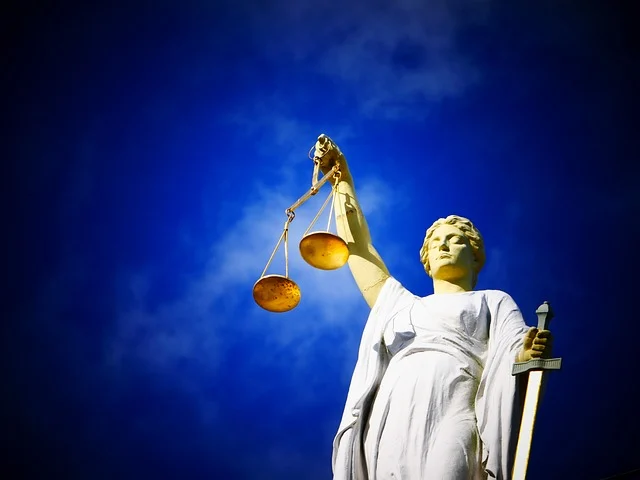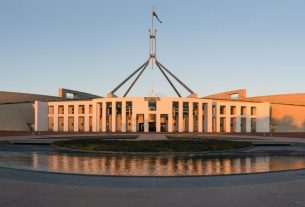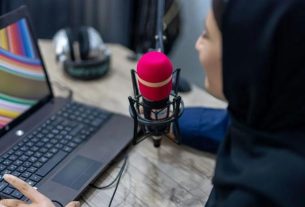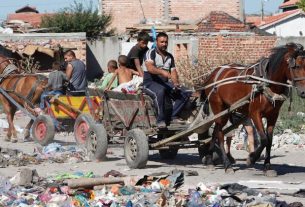Location: Abuja, Nigeria
The Nigerian National Human Rights Commission (NHRC) has officially inaugurated a new initiative aimed at tackling ongoing human rights violations in the West African nation. On Wednesday, November 13, 2024, the NHRC launched the Human Rights Defenders Forum, a collaborative platform designed to enhance the protection of civil liberties, foster democratic consolidation, and provide a unified space for rights defenders to address common challenges.
This initiative, launched in partnership with the European Union, brings together a diverse range of human rights organizations, activists, and stakeholders. The forum’s creation comes at a critical moment, with Nigeria facing heightened scrutiny over human rights abuses, including violence during anti-government protests and incidents of police and military misconduct.
Purpose and Objectives of the Human Rights Defenders Forum:
The Human Rights Defenders Forum is structured as a collaborative body to promote greater protection for civil liberties and ensure that human rights defenders can work in a safer, more supportive environment. Key objectives of the forum include:
- Consolidating Efforts: Providing a unified platform for human rights groups to share resources, discuss issues, and strategize on solutions.
- Addressing Challenges: Identifying and addressing the common challenges faced by human rights defenders in Nigeria, such as threats, harassment, and legal barriers.
- Fostering Dialogue: Promoting constructive dialogue between rights defenders, government officials, and other stakeholders to ensure a cooperative approach to human rights protection.
- Championing Democratic Values: Supporting democratic processes and the rule of law by advocating for stronger safeguards for fundamental rights, particularly for marginalized groups.
The NHRC’s Executive Director, Anthony Ojukwu, emphasized the forum’s role in charting a way forward for the country’s human rights landscape. He stated: “We’re gathered here not only to discuss the current state of human rights in Nigeria, but also to start to chart a way forward — one that ensures safer protection for civil liberties, fosters democratic consolidation, and safeguards the fundamental rights of all Nigerians, especially those who stand up for the rights of others.”
Recent Human Rights Violations in Nigeria:
The forum’s launch comes amid growing concerns over a series of human rights violations in Nigeria, many of which have drawn both domestic and international condemnation. Some of the key issues discussed at the meeting included:
- Crackdown on Anti-Government Protests: In August 2024, Nigerian security forces were accused of using excessive force to suppress anti-government protests. Reports emerged of unlawful detentions, violence, and arbitrary arrests, particularly of young activists. Among those detained were minors, some of whom remained in custody for prolonged periods.
- Security Forces’ Role in Human Rights Violations: The NHRC has highlighted the ongoing involvement of Nigerian police and the military in human rights violations. In recent years, the police have been implicated in extrajudicial killings, torture, and illegal detentions. Meanwhile, the military has faced allegations of violence against civilians, including during counterinsurgency operations in the northeast.
- Sexual and Gender-Based Violence: Another pressing issue raised at the forum was the surge in sexual and gender-based violence across Nigeria. This includes both violence perpetrated by security forces and widespread cases of domestic and community-level abuse. The NHRC called for more robust measures to protect women and girls from such abuses.
- Child Abandonment: One of the most alarming statistics presented during the forum was the reported rise in child abandonment. According to Hilary Ogbonna, a senior adviser to the NHRC, there have been more than 4,300 cases of child abandonment across Nigeria, a crisis exacerbated by poverty, insecurity, and the breakdown of familial structures in some communities.
The NHRC’s Findings and Calls for Accountability:
The Nigerian police and military have not formally responded to the accusations leveled against them. However, the NHRC’s findings have sparked public debate and raised important questions about accountability.
In particular, the NHRC recently concluded an investigation into the 2016 military operation in Borno State, northeastern Nigeria, where the military was found responsible for extrajudicial killings and infanticide. The findings, which were released in early November 2024, have brought to light disturbing allegations of human rights violations carried out by the military, raising the issue of impunity within Nigeria’s security apparatus.
The NHRC has called for accountability, urging the Nigerian government to investigate these violations and ensure that perpetrators are brought to justice. The forum is expected to play a central role in advocating for greater transparency and responsibility in the country’s human rights protection mechanisms.
Challenges and the Path Forward:
Despite the creation of the Human Rights Defenders Forum, challenges remain in the fight for human rights in Nigeria. These include:
- Security Risks for Activists: Human rights defenders in Nigeria often face threats of violence, intimidation, and arrest. Activists who speak out against government policies or expose abuses are at risk of being targeted by both state and non-state actors.
- Weak Rule of Law: Nigeria’s judicial system has faced criticism for being slow, inefficient, and susceptible to political interference. Many human rights cases remain unresolved, and perpetrators of violence, especially within the security forces, often go unpunished.
- Political Will: While the creation of the forum is a positive step, the success of the initiative will ultimately depend on the political will of the Nigerian government to take meaningful action against human rights violators. Many critics argue that the government must do more to reform its security forces and uphold its international human rights obligations.
Conclusion:
The launch of the Human Rights Defenders Forum marks a significant step toward strengthening the protection of civil liberties in Nigeria. By providing a platform for dialogue and collaboration, the NHRC and the European Union hope to address the growing challenges facing human rights defenders and create a safer environment for activism in Nigeria.
However, the success of the forum will depend on the Nigerian government’s commitment to holding violators accountable, addressing the systemic issues within the police and military, and ensuring that human rights protections are upheld for all Nigerians, particularly those who face the most severe risks due to their activism.
References:
- Human Rights Watch – “Nigeria: Human Rights Violations by Security Forces”
- VOA News – “Nigeria Launches Human Rights Defenders Forum”
- Amnesty International – “The State of Human Rights in Nigeria: A 2024 Overview”
- The Guardian Nigeria – “Human Rights Violations in Nigeria: NHRC’s Findings on the Military and Police”
- National Human Rights Commission of Nigeria (NHRC) – Official Report, November 2024



